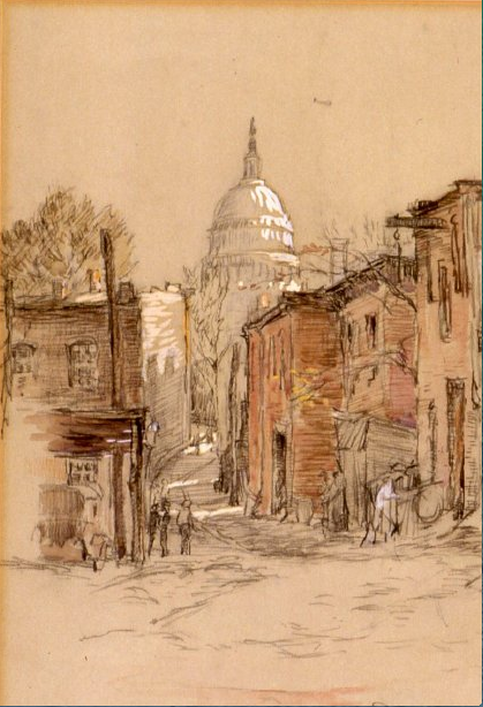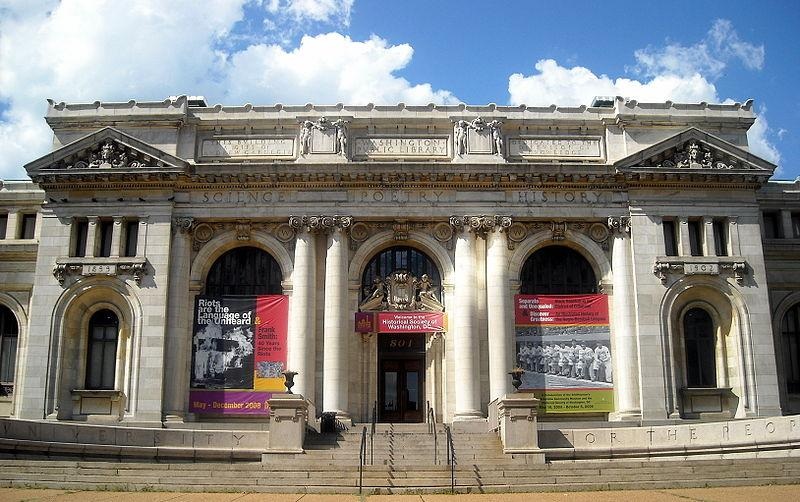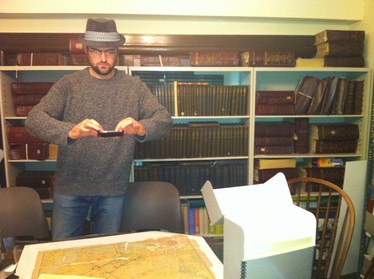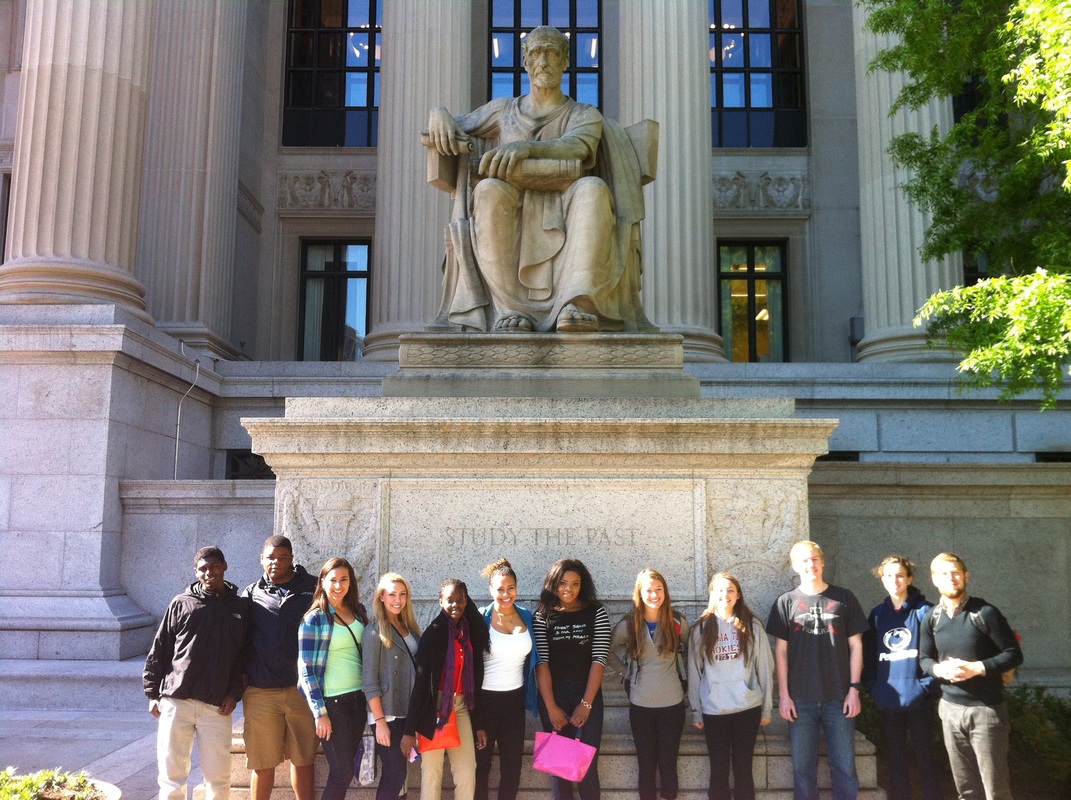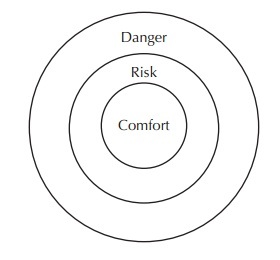"Pedagogical Pollination: Crowdsourcing DC History Through Partnership and Collaboration"
|
AGENDA
http://bit.ly/1imCpjx wifi network=AAS pass=CCBaldwin
|
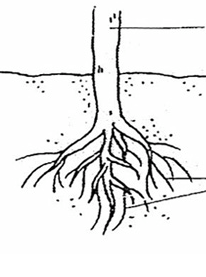
STEM (Science, Technology, Engineering, and Mathematics)
THAT (The Humanities And Technology)
THAT (The Humanities And Technology)
Guiding Question for Facilitation:
Guiding Question for Learners and Learning:
Heads of Household In Washington, D.C. Alleys 1858-1927
Alleys in Washington, D.C. 1858-1927
Race in Alleys, Washington, D.C. 1851-1927
Zones of Learning
2. The Risk Zone is the most fertile place for learning. It is where most people are willing to take some
risks, not know everything, or sometimes not know anything at all, but clearly know they want to learn
and will take the risks necessary to do so. It is where people open up to other people with curiosity and
interest, and where they will consider options or ideas they haven’t thought of before.
risks, not know everything, or sometimes not know anything at all, but clearly know they want to learn
and will take the risks necessary to do so. It is where people open up to other people with curiosity and
interest, and where they will consider options or ideas they haven’t thought of before.
